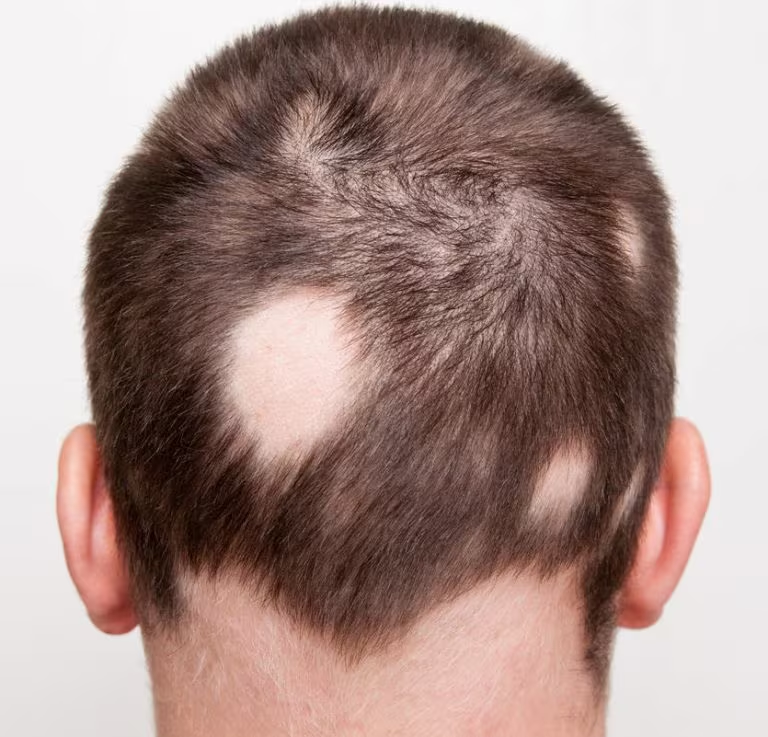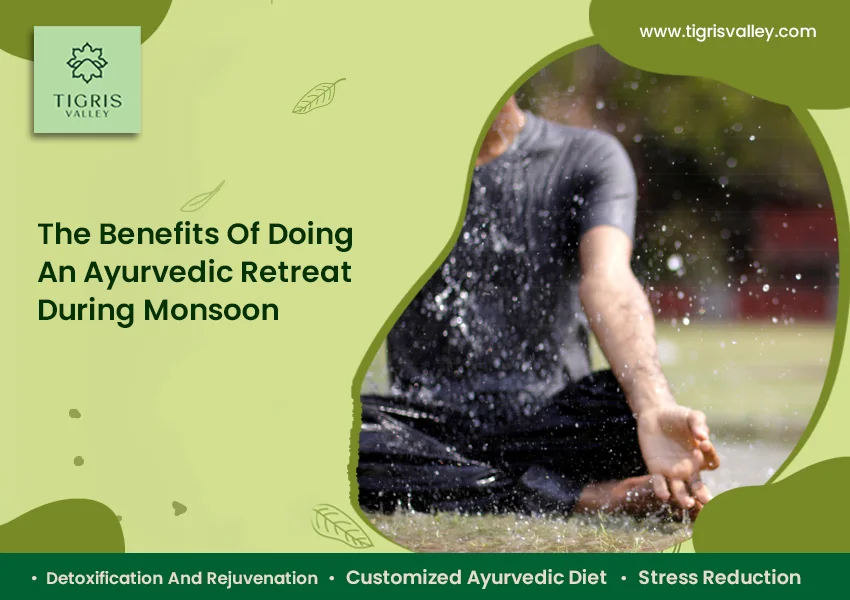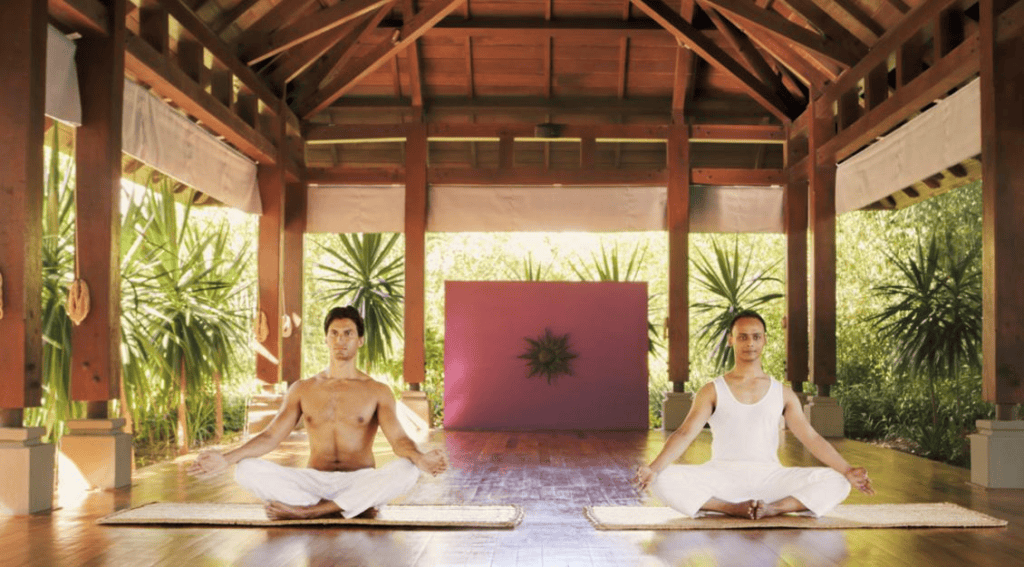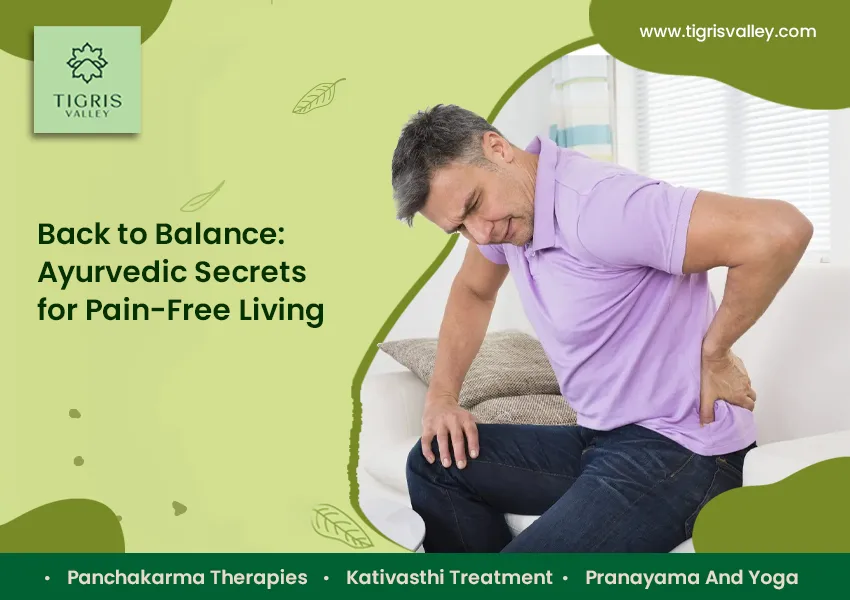Managing Depression: Tigris Valley A Complete Guide
Depression is a mood disorder that causes feelings of sadness, and loss of joy. Unlike the mood changes that people regularly experience as a part of life, depression is more deep and long-lasting. It can seriously impact daily life, making it difficult to focus at work, school, or in social situations.
What set off Depression?
Major life events, such as loss of a job, can activate depression. However, depression is from the temporary negative feelings one might experience response to a difficult life event. Depression often continues even when situations change , leading to serious and long-lasting feelings that don’t match the person’s situation.It is an ongoing problem, not a passing one.
Types of Depression
There are different types of depression, the most common one is major depression disorder. This type consists of a series during which the symptoms last for at least two weeks. Depression can last for several weeks, months, or years. For many people, it is a chronic illness that gets better Even with effective treatment. Therefore, continuous mental wellness is crucial even after symptoms improve.
Tigris Valley is here with the proper solution

Our Wellness hospital provides a peaceful haven for refreshing, offering ancient Ayurvedic remedies that specifically helps to cure depression. Our treatments are in centuries-old Ayurvedic traditions, combined with modern techniques to ensure a best approach to mental health.
Our team of experienced therapists and medical professionals are dedicated to providing special care. We understand that each individual’s experience with depression is unique, and our mental health treatment programs are best to meet your specific needs. Our holistic approach includes a combination of Ayurvedic therapies, herbal treatments, yoga, meditation, and nutritional guidance to support your mental and physical well-being.
Ayurvedic Treatments for Depression
Depression treatment in ayurveda typically involve a combination of herbal remedies, dietary changes, lifestyle adjustments, and therapeutic practices like yoga and meditation.
1. Herbal Remedies:
Ashwagandha: Known for its adaptogenic properties, ashwagandha helps reduce stress and anxiety.
Brahmi: Enhances cognitive function and reduces mental fatigue.
Jatamansi: A natural antidepressant and mood stabilizer.
Tulsi (Holy Basil): Helps in reducing stress and promoting mental clarity.
2. Dietary Recommendations:
Sattvic Diet: Emphasizes fresh fruits, vegetables, whole grains, nuts, and seeds, promoting mental clarity and balance.
Avoiding Tamasik Foods: These include processed foods, leftovers, and heavy meats, which can contribute to lethargy and negative emotions.
3. Lifestyle Changes:
Regular Exercise: Incorporating activities like yoga, walking, or swimming to boost mood and energy levels.
Daily Routine (Dinacharya): Establishing a regular daily routine to bring structure and balance to life.
4. Therapeutic Practices:
Abhyanga (Oil Massage): Our panchakarma treatment helps in calming the nervous system and reducing stress
Shirodhara: Involves pouring warm oil over the forehead to induce a state of relaxation and calm the mind.
Meditation and Pranayama: Practices like deep breathing and mindfulness meditation to enhance mental clarity and reduce anxiety.
Managing Depression
Managing depression is a lifelong commitment. It involves treatment plans and making lifestyle changes that support mental health. Regular exercise, a healthy diet, sufficient sleep, and stress management techniques can all contribute to improved mental well-being. Staying connected with loved ones and participating in enjoyable activities can also help maintain a positive mind .
Tigris Valley stress relief treatment helps you manage and reduce stress, which is essential for managing depressive symptoms. Techniques such as cognitive-behavioral therapy (CBT), mindfulness practices, and relaxation exercises are used to address both the mental and emotional aspects of depression. By reducing stress, we aim to improve mood, enhance overall wellness, and support a more balanced life.
Depression is a serious but treatable condition. Understanding its causes and symptoms, and seeking appropriate stress management treatment are crucial steps toward recovery. With the right support and treatment, individuals with depression can lead happy lives. If you or someone you know is struggling with depression, don’t hesitate to reach out for help. Early and continuous treatment can make all the difference.




















